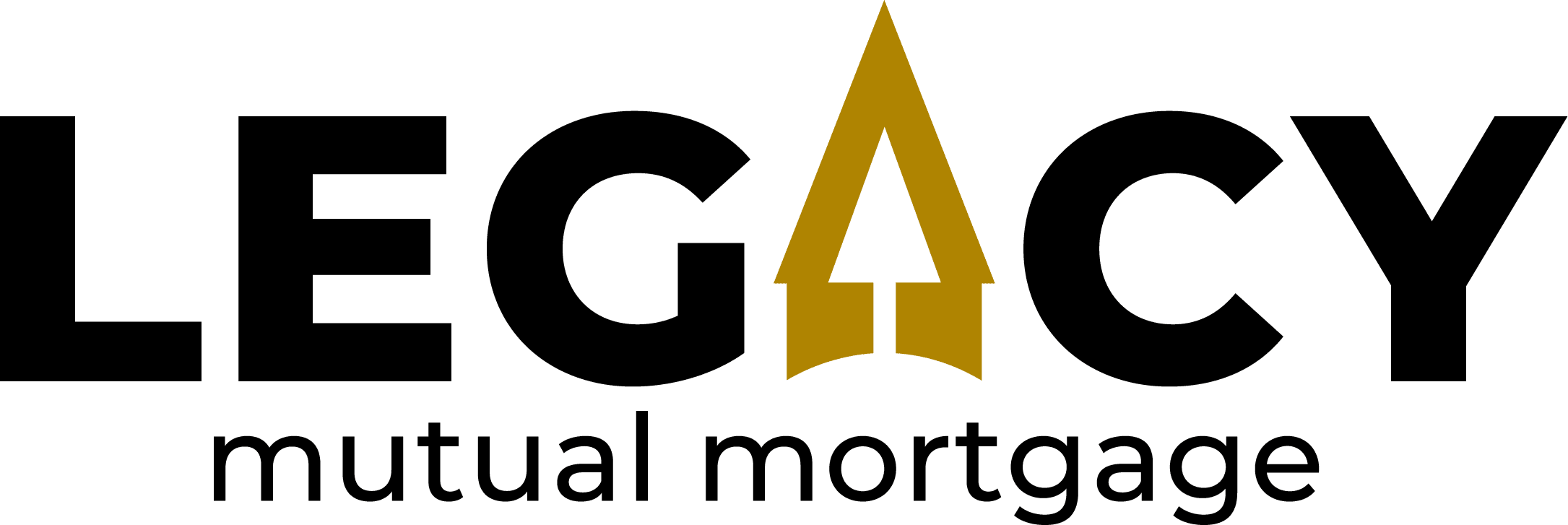While all mortgage types serve the purpose of helping you obtain financing to get a home, each of these types of loans vary significantly. The most loan types are Conventional, FHA, VA, and USDA. Let’s look at the differences between these four!
CONVENTIONAL
Conventional loans are guaranteed by Fannie Mae or Freddie Mac which are known together as the Government-Sponsored Enterprises (GSE’s). Loan guarantees from GSE’s reduce the risk for lenders who originate and close the loans, and the investors that might purchase them. Private Mortgage Insurance (PMI) is required if you put less than 20% down payment on the loan. Private Mortgage Insurance helps protect lenders in the event of loss due to foreclosure.
Conforming loans are mortgages that meet Fannie Mae and Freddie Mac guidelines with loan amounts within the conforming loan limits. Non-conforming loans (also called jumbo loans) are those which do not stay within these limits. Here are some helpful things to know when qualifying for a Conventional loan:
- Down payment (as low as 3%).
- Multiple Mortgage Insurance premium types can be used to meet the PMI requirements for loans with <20% down payment.
- Typically require a higher credit score than other mortgage types.
- Lower debt-to-income ratio (DTI).
- The loan amount must fall within the loan limits set by Fannie Mae and Freddie Mac.
FHA
FHA loans are insured by the Federal Housing Administration (FHA) and backed by Government National Mortgage Association (GNMA). FHA requires an upfront mortgage insurance premium based on a percentage of the loan amount, and an annual mortgage insurance premium that can vary depending on the loan amount, size of down payment, and loan term. The fee can be paid in cash at closing or included in the loan amount. The mortgage insurance premium helps protect lenders in the event of loss due to foreclosure.
FHA loans are geared toward first-time home buyers or those with lower credit scores that don’t qualify for a conventional loan. Here are some helpful things to know when qualifying for a FHA loan:
- A minimum of 3.5% down.
- Allows higher debt-to-income ratios (DTI) than conventional.
- Mortgage Insurance includes an upfront premium and monthly premiums added to payment.
- Primary residence transactions.
- The loan amount must fall within loan limits set by FHA.
VA
VA loans are guaranteed by the US Department of Veterans Affairs and backed by Government National Mortgage Association (GNMA). VA requires an upfront funding fee based on a percentage of the total loan amount, and the fee varies based on if the loan is a first-time or subsequent use of the benefit. The fee can be paid in cash at closing or included in the loan amount. The VA funding fee helps protect the lenders in the vent of loss due to foreclosure.
VA home loans are a good mortgage option for veterans, service members, and surviving spouses. For veteran homebuyers that have a Certificate of Eligibility (COE), here are some helpful things to know when qualifying for a VA loan:
- Only eligible veterans can apply.
- Primary residence transactions.
- No down payment is required for veterans with full entitlement.
- No mortgage insurance is required.
- Upfront funding fee is typically 1.25%-3.3% of the loan amount, unless the veteran is exempt.
USDA
USDA loans are guaranteed by the USDA Rural Development Guaranteed Housing Program and backed by Government National Mortgage Association (GNMA). USDA requires a single upfront fee based on the loan amount. This fee can be paid in cash at closing or included in the loan amount. There is also an annual fee that is collected monthly as part of the loan payment. The guarantee fee helps protect lenders in the event of loss due to foreclosure.
USDA loans are designed for low-income home buyers purchasing homes in eligible rural areas. Those who qualify may find it’s a very affordable option compared to the other types of loans. Here are some helpful things to know when qualifying for a USDA loan:
- No down payment is required.
- Income limits are based on geographical restrictions.
- Primary residence transactions.
- Single Upfront fee is 1% of the loan amount and the annual fee is .35% of the average unpaid principal balance.
There are several different loan options to choose from, and with plenty of options, there’s bound to be one to fit every homebuyer’s needs. Choose Legacy as your trusted home lender and find your perfect fit today!

